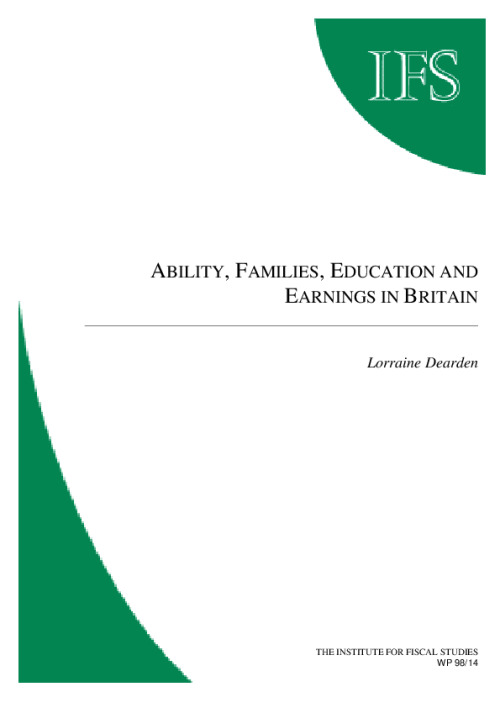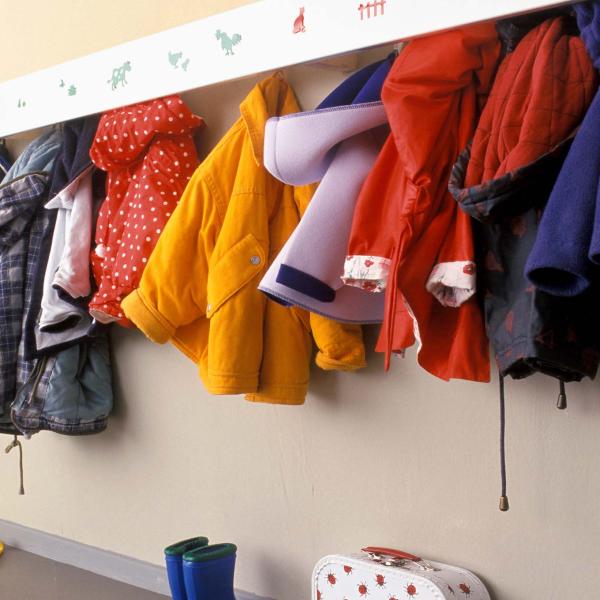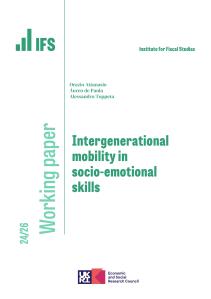The paper estimates the returns to education for a cohort of individuals born in Britain in March 1958 who have been followed since birth until the age of 33. The data used has a wealth of information on family background including parental education, social class and interest shown in the child's education as well as measures of ability. These variables are typically missing in studies looking at the returns to schooling. In the paper we Ůd that the return to an additional year of full-time education for the UK population as a whole is somewhere between 5 to 7 per cent for men and 8 to 10 per cent for women even after correcting for the eĥcts of measurement error. The paper also presents evidence that the returns to an additional year of schooling in the UK are heterogeneous. The results from the paper suggest that individuals undertaking education involving some sort of formal qualification have significantly larger rates of return to an additional year of education than individuals who have obtained no formal education. Individuals whose highest educational qualification is an A level (the highest schooling qualification in the UK) appear to have the highest average return to an additional year of education at around 15 per cent for both men and women. There is also some evidence that individuals with lower tastes for education, have significantly higher marginal returns to education. The results of the paper suggest that recent IV estimates of the returns to schooling in the UK, which exceed typical OLS estimates, may overestimate the average marginal return for the population as a whole.










